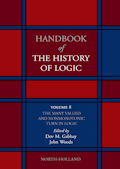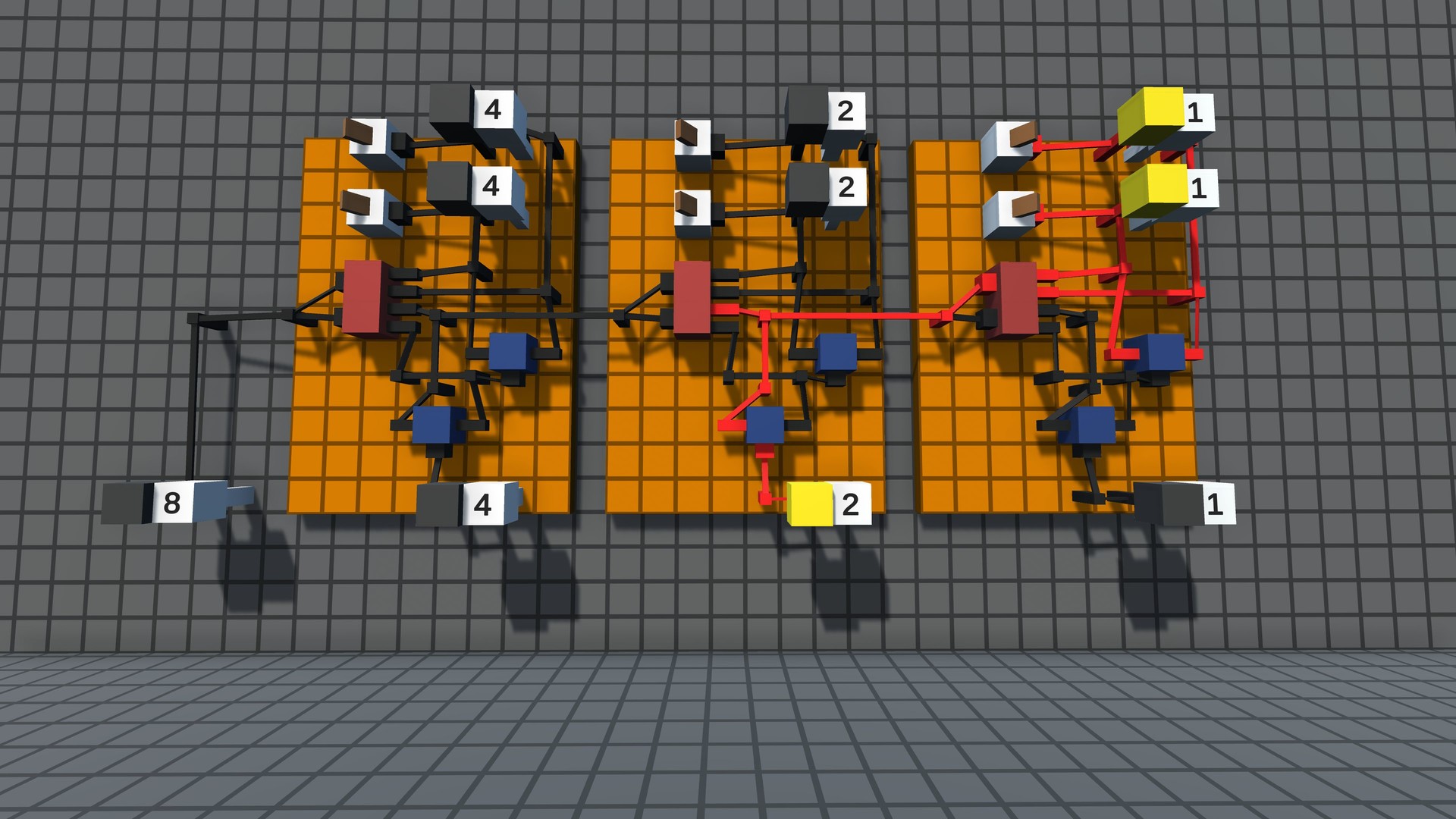

Logical systems should have three things: consistency (which means that none of the theorems of the system contradict one another) soundness (which means that the system's rules of proof will never allow a false inference from a true premise) and completeness (which means that there are no true sentences in the system that cannot, at least in principle, be proved in the system). It covers core topics such as the study of fallacies and paradoxes, as well as specialized analysis of reasoning using probability and arguments involving causality and argumentation theory. It is not concerned with the psychological processes connected with thought, or with emotions, images and the like. It deals only with propositions (declarative sentences, used to make an assertion, as opposed to questions, commands or sentences expressing wishes) that are capable of being true and false.

Logic investigates and classifies the structure of statements and arguments, both through the study of formal systems of inference and through the study of arguments in natural language. It asks questions like "What is correct reasoning?", "What distinguishes a good argument from a bad one?", "How can we detect a fallacy in reasoning?"

It attempts to distinguish good reasoning from bad reasoning.Īristotle defined logic as "new and necessary reasoning", "new" because it allows us to learn what we do not know, and "necessary" because its conclusions are inescapable. Logic (from the Greek "logos", which has a variety of meanings including word, thought, idea, argument, account, reason or principle) is the study of reasoning, or the study of the principles and criteria of valid inference and demonstration. On November 26, 2019, the 40th General Conference proclaimed January 14th to be World Logic Day.Introduction | History of Logic | Types of Logic | Deductive Logic | Inductive Logic | Modal Logic | Propositional Logic | Predicate Logic | Fallacies | Paradoxes | Major Doctrines Thanks to this first World Logic Day’s success, the UNESCO Executive Board proposed a proclamation for this day in the summer of 2019. The logician community stepped up and hosted about 66 events in 33 different countries. The Logica Universalis Association encouraged logicians around the world to coordinate independent events on January 14th, 2019. Spread awareness for this day on social media with #WorldLogicDay WORLD LOGIC DAY HISTORY

Read books about logic and reasoning, including A Rulebook for Arguments, Critique of Pure Reason, and Being Logical: A Guide to Good Thinking.Learn more about the different types of logic and their importance in the world today.Some of these events include workshops, seminars, and lectures. Universities, institutes of philosophy, and other organizations around the world hold events on this day.


 0 kommentar(er)
0 kommentar(er)
